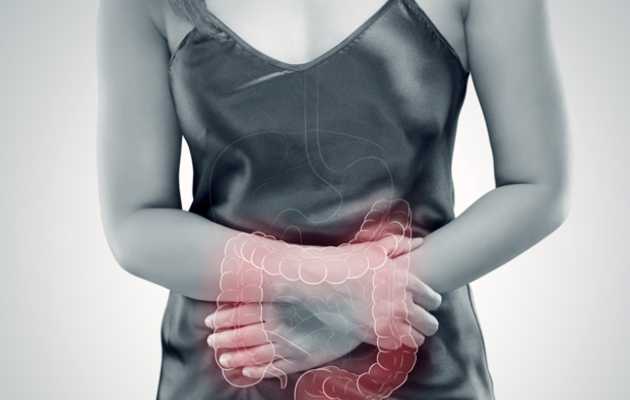Keep Your Gut Healthy During Festive Season

Festivities are around the corner and for many this spells trouble with their fitness goals. Though the festivities help break the monotony of routine life, the socializing, late nights, outsourced food, sweets and erratic timing can take a toll on your gut microbiome.
Gut health matters. Your gut is a significant aspect of your immune system. In fact 80% of your immunity is developed in your gut associated lymphoid tissue (GALT), which houses a host of immune cells. There is no one who would not understand the importance of good immunity in light of the current global pandemic. Gut health is equally important for mental wellbeing, as it also accounts for the body’s serotonin (happy hormone) production.
Let’s learn how you can not just maintain but also improve your gut health this festive season.
Follow a fixed routine: Our gut is slave to routine. Though our routine does go a bit haywire during Diwali, what is important to understand that you should not be skipping meals. Skipping meals causes acidity and is a sure shot route to over eating and binging at wrong times. It’s therefore advisable to eat sensibly. Start your day with a home-cooked breakfast like poha/ upma/ idli or even a left-over roti with vegetable. This keeps your metabolism rolling.
Daily dose of good bacteria: Indigestion is very common during festive season due to heavily fried, sweet food and late-night dinners. Including a probiotic in your diet can really help introduce a fresh dose of live bacteria in your gut. This eases digestion and prevents bloating. Best probiotic is curd; so include chaajh/ curd/ raita/ or homemade pickles with your meals. You may also include fermented items like idli or dhokla as breakfast or snacking option.
Snack right: A lot of eating out happens during the festival. Often, we are served processed and packaged foods as snacks. These ultra-processed foods are devoid of fiber. So, whenever possible, stick to natural fiber rich snacks like fruits, vegetable sticks, chana, sweet potato, sprouts, nuts and seeds. These foods serve as prebiotics. Prebiotics are fibers which remain undigested as they pass through your system. They help in the growth of healthy gut bacteria.
Alcohol: While many look forward to having their favorite liquor brands along with the snacks, be aware that traditionally, alcohol was never a part of the festive ritual. Drinking alcohol regularly and in large quantities may cause stomach inflammation, which causes heartburn, acid reflux, and sometimes long-term esophageal damage. Alcohol can damage the small intestinal lining known as the villi, making it harder for you to absorb certain nutrients while at the same time killing off good bacteria. Alcohol not only causes dysbiosis (imbalance of good to bad bacteria) but also causes dehydration, which can lead to constipation.
So be smart with your drinks. Eat before your alcoholic drink and have a glass of water between your pegs to reduce the toxic load on liver.
Catch up on your sleep: You are probably aware that regular late nights can leave you feeling exhausted, but did you know that it also has an adverse effect on your gut? When the circadian rhythm is disrupted, as it might be during the festive period, it alters the balance of your microbiome. Studies have shown that regularly missing out on requisite sleep can cause changes to the gut microbiome. So catch up on your sleep. Take short naps after lunch and avoid late nights as far as possible.
Following the above mentioned guidelines will not only keep you feeling light, energetic during the 5 day festival of lights to cherish the festivities with your loved ones, but also ensure that you don’t need the much hyped and unnecessary post Diwali detox!
Happy festivities to you 😊






